Instant Opinion: Britain has no right to be independent ‘if we can’t handle the EU’
Your guide to the best columns and commentary on Thursday 10 September
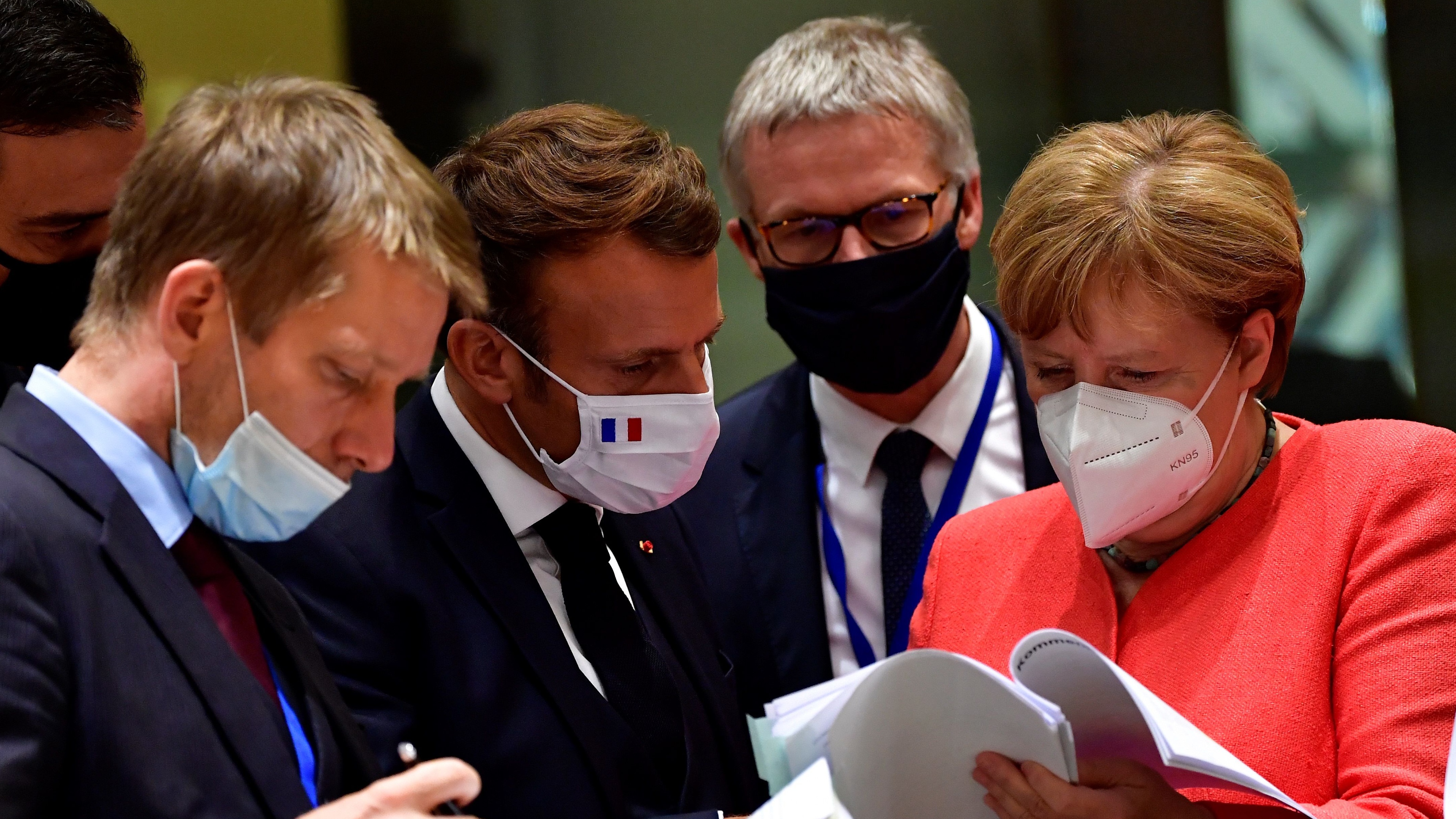
A free daily email with the biggest news stories of the day – and the best features from TheWeek.com
You are now subscribed
Your newsletter sign-up was successful
The Week’s daily round-up highlights the five best opinion pieces from across the British and international media, with excerpts from each.
1. David Henig, former UK trade negotiator, in The Daily Telegraph
on getting out of negotiations with dignity
The Week
Escape your echo chamber. Get the facts behind the news, plus analysis from multiple perspectives.

Sign up for The Week's Free Newsletters
From our morning news briefing to a weekly Good News Newsletter, get the best of The Week delivered directly to your inbox.
From our morning news briefing to a weekly Good News Newsletter, get the best of The Week delivered directly to your inbox.
If we can’t handle the EU, then we have no business trying to be an independent country
“So we now threaten EU talks, threaten the rule of international law, and even threaten a US trade deal, because the EU annoyed us. With various justifications offered, but I can say with certainty having worked for several years on their trade talks, the EU is an extremely annoying trade bloc to deal with as an outsider. That’s why I received almost weekly calls from US negotiators complaining about them. If we can’t deal with that then we really have no business trying to being an independent trading country. If you want to sing Rule Britannia and Land of Hope and Glory don’t get petulant when the EU says no - find other ways. The Government then has dug itself a bit of a hole on the Irish protocol, that has only delighted countries such as China which can’t wait to lecture us on the rule of law. Now we have to find the skill to get out, with as much dignity as we can muster, and learn to become that independent country that was promised. Learn to live with the irritants the EU will present to us, and learn to find our own way. We failed a test, and it would be wise to recognise that rather that dig in and keep blaming others.”
2. The Editorial Board of The New York Times
on what the president knew about the pandemic
A free daily email with the biggest news stories of the day – and the best features from TheWeek.com
Mr. Trump Knew It Was Deadly and Airborne
“Despite his apparent understanding of the severity of the disease and its method of transmission, over the next month, in five cities around the country, Mr. Trump held large indoor rallies, which were attended by thousands of his supporters. Mr. Trump spent weeks insisting in public that the coronavirus was no worse than a seasonal flu. It would ‘disappear’ when the seasons changed, he promised in late February. ‘We’re doing a great job,’ he said in early March. Why lie to the American people? Why — as the administration accuses the Chinese government of doing — lie to the world about the severity of what was declared a pandemic only days later?.. Much of the responsibility for the fatal mishandling of the pandemic lies with the president. But with every public lie out of Mr. Trump’s mouth, or on his Twitter feed, how many members of his administration who knew better stayed silent? The president has repeatedly tried to muzzle and sideline scientists and health officials who disagree with his sunny assessments, often replacing them with less qualified people willing to sing his praises.”
3. Owen Jones in The Guardian
on how ‘sidestepping’ the Brexit trap is the only option
Brexit is back – and Labour’s dilemma has not changed
“The latest Tory ruse on Brexit is tediously straightforward. By talking up no deal and expressing a willingness to flout international law, the Conservatives intend to bounce Brussels into a favourable agreement while torturing their Labour opponents. It is the Tories who have relitigated Britain’s rupture with the EU – despite coasting to victory with a commitment to ‘Get Brexit done’. They know that if the airwaves are flooded with Labour’s angry reactions, their opponents can be easily portrayed, once again, as blocking Brexit altogether. They believe that their electoral coalition has little interest in international law. They want to toxify Keir Starmer in so-called red wall seats by portraying him as an aloof, establishment, metropolitan, remainer lawyer. Starmer’s team has noted the trap and sidestepped it. ‘Get on, negotiate, get the deal that was promised,’ declares the Labour leader, while his team blames Boris Johnson for reopening the supposedly done Brexit. This seems like sound politics: Labour knows that while most of its voters are remainers, any path to victory includes winning over leave supporters in English and Welsh towns.”
4. Andrew Feinberg in The Independent
on recapturing the president’s first election campaign
Trump is planning an October surprise — insiders say he wants to ‘redo 2016’
“In defense policy circles, it’s said that an often-made mistake by both civilian and military leaders is to get caught ‘fighting the last war’. The same is frequently true in politics, but it’s unclear whether Donald Trump has gotten that memo. With fewer than eight weeks remaining until Americans go to the polls on election day — and even less time until Americans in most states can begin voting early — the President’s re-election campaign has spent countless dollars and person-hours trying to recapture the lightning-in-a-bottle circumstances that handed him the presidency 1,401 days ago. The circumstances under which Americans will choose who will lead the country for the next four years could not be more different from those under which they voted in 2016. Nearly 200,000 Americans have lost their lives to a novel virus that has frequently spread unchecked while the sitting President mocks those who take precautions advised by the government he heads.”
5. Gerard Baker in The Times
on predictions of an urban exodus
City life and office jobs are here to stay
“It is the bold predictions about irreversible changes to life, society and work that became so fashionable in the early days of lockdown that are already ripe for substantial revision. All those “new normals” we were told to get used to that would reorder lives well beyond the virus’s immediate impact: the transformation of life into a post-pandemic model of human organisation, a permanently distanced, technology-enabled, atomised human existence. Take the future of work. It was widely claimed that, with so many people discovering the relative expediency of working from home, our labour force would undergo the most radical change since men began leaving farms for the cities at the dawn of the factory age. But it seems workers and bosses alike are not so keen on this new industrial revolution. In an interview with The Wall Street Journal this week, Reed Hastings, chief executive of Netflix, was asked whether he saw any positives from the experience of having almost all his staff working from home for the past six months... But Mr Hastings thinks what’s good for Netflix’s revenue is not necessarily good for its creativity or productivity... Some revolution.”
-
 The 9 best steroid-free players who should be in the Baseball Hall of Fame
The 9 best steroid-free players who should be in the Baseball Hall of Famein depth These athletes’ exploits were both real and spectacular
-
 ‘Bad Bunny’s music feels inclusive and exclusive at the same time’
‘Bad Bunny’s music feels inclusive and exclusive at the same time’Instant Opinion Opinion, comment and editorials of the day
-
 What to watch on TV this February
What to watch on TV this Februarythe week recommends An animated lawyers show, a post-apocalyptic family reunion and a revival of an early aughts comedy classic
-
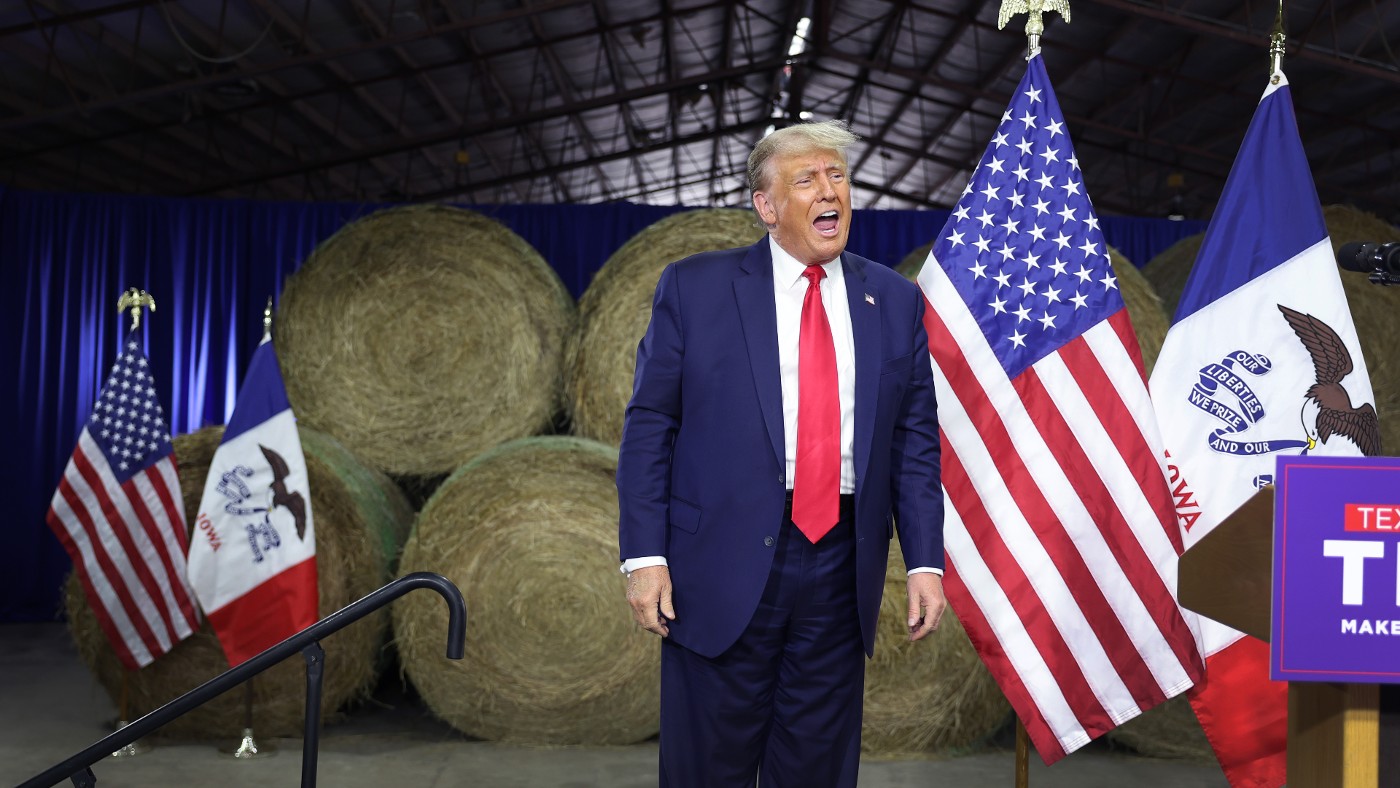 Flies attack Donald Trump
Flies attack Donald TrumpTall Tales And other stories from the stranger side of life
-
 ‘Irony’ as Zoom calls staff back to office
‘Irony’ as Zoom calls staff back to officefeature And other stories from the stranger side of life
-
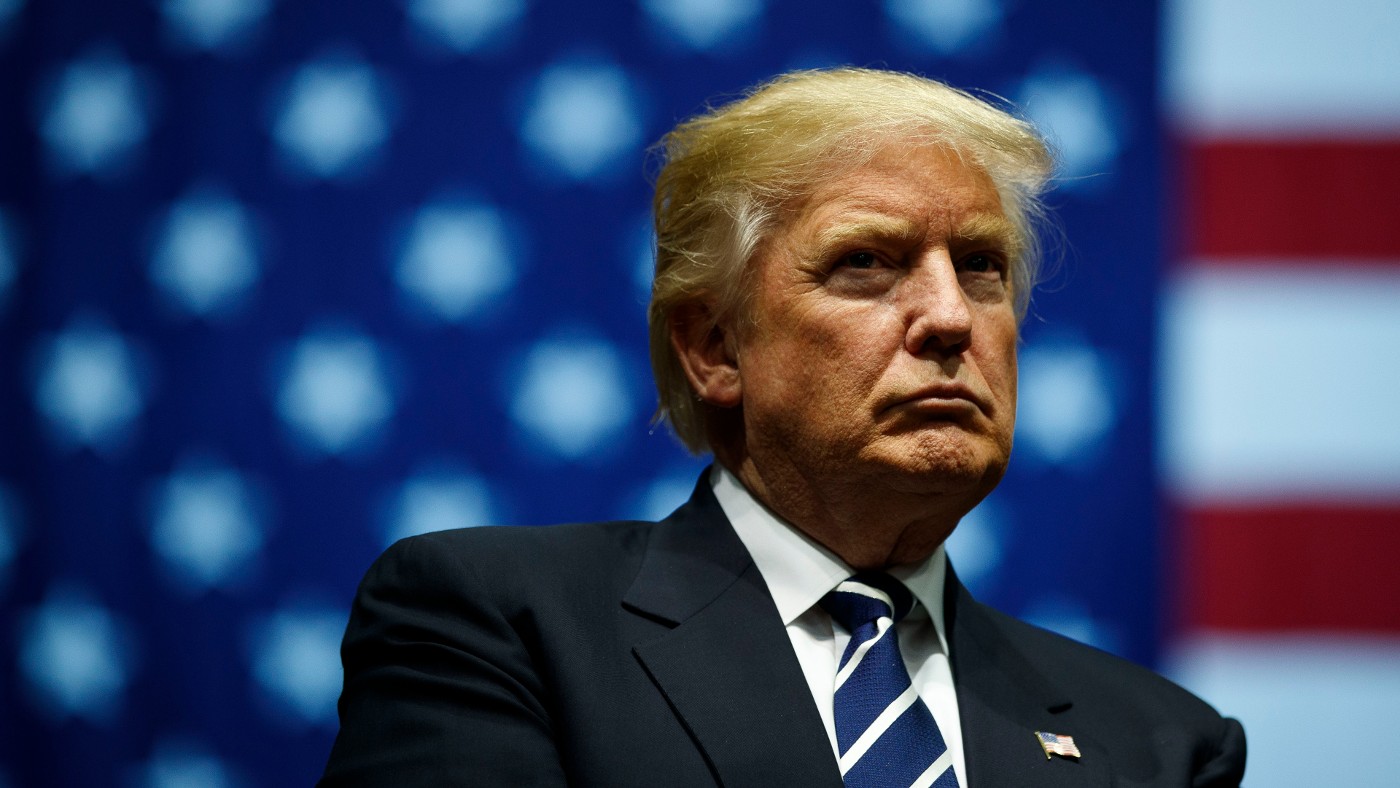 Donald Trump criminal charges for 6 January could strain 2024 candidacy
Donald Trump criminal charges for 6 January could strain 2024 candidacySpeed Read Former president’s ‘pettifoggery’ won’t work well at trial, said analyst
-
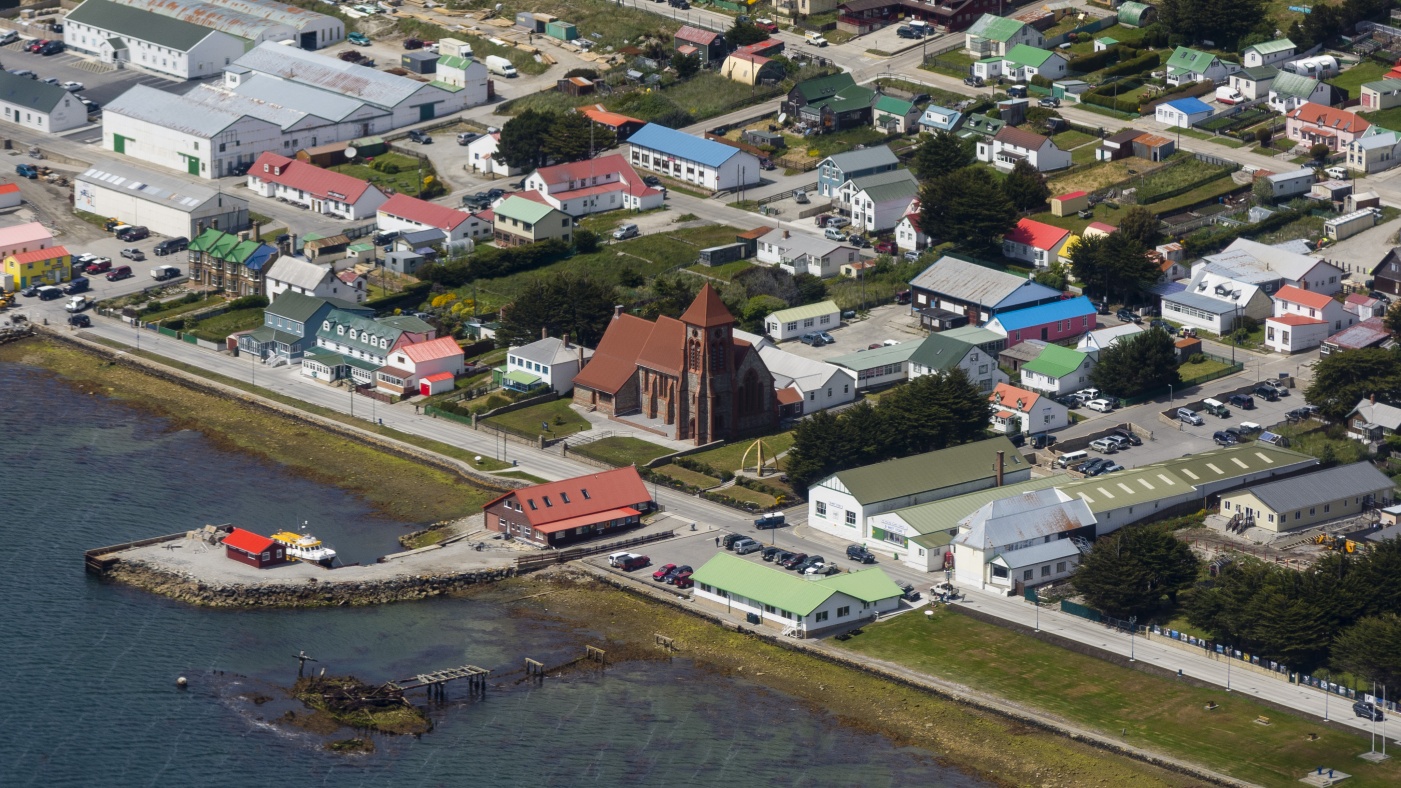 ‘Islas Malvinas’ and the new battle over the Falklands
‘Islas Malvinas’ and the new battle over the FalklandsTalking Point Argentina scores ‘major diplomatic win’ as EU refers to British territory by its disputed name
-
 The U.S. veterinarian shortage crisis
The U.S. veterinarian shortage crisisSpeed Read With an anticipated shortage of 15,000 vets by 2030, it will be harder to get care for pets
-
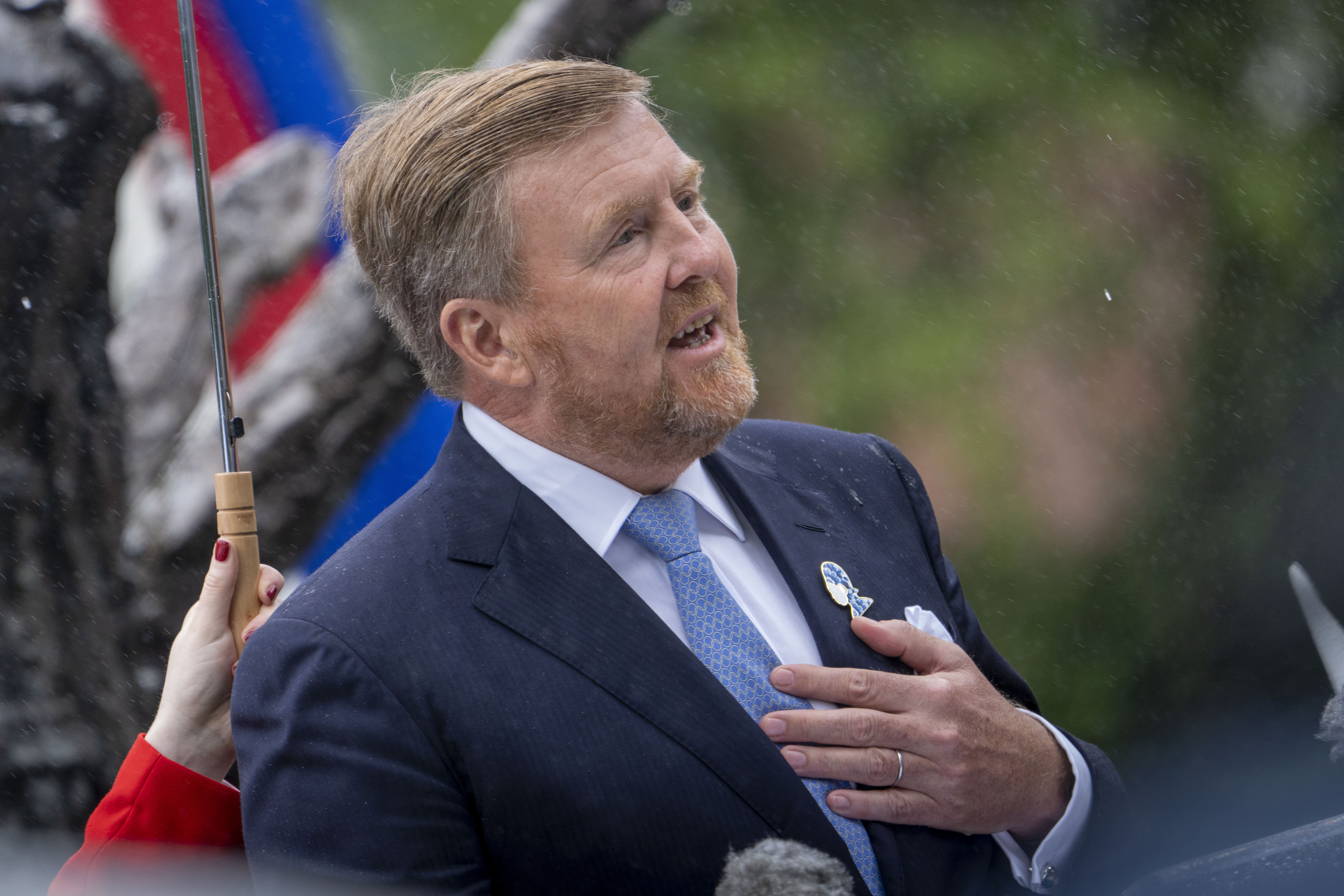 Dutch king apologizes for country's role in slave trade
Dutch king apologizes for country's role in slave tradeSpeed Read
-
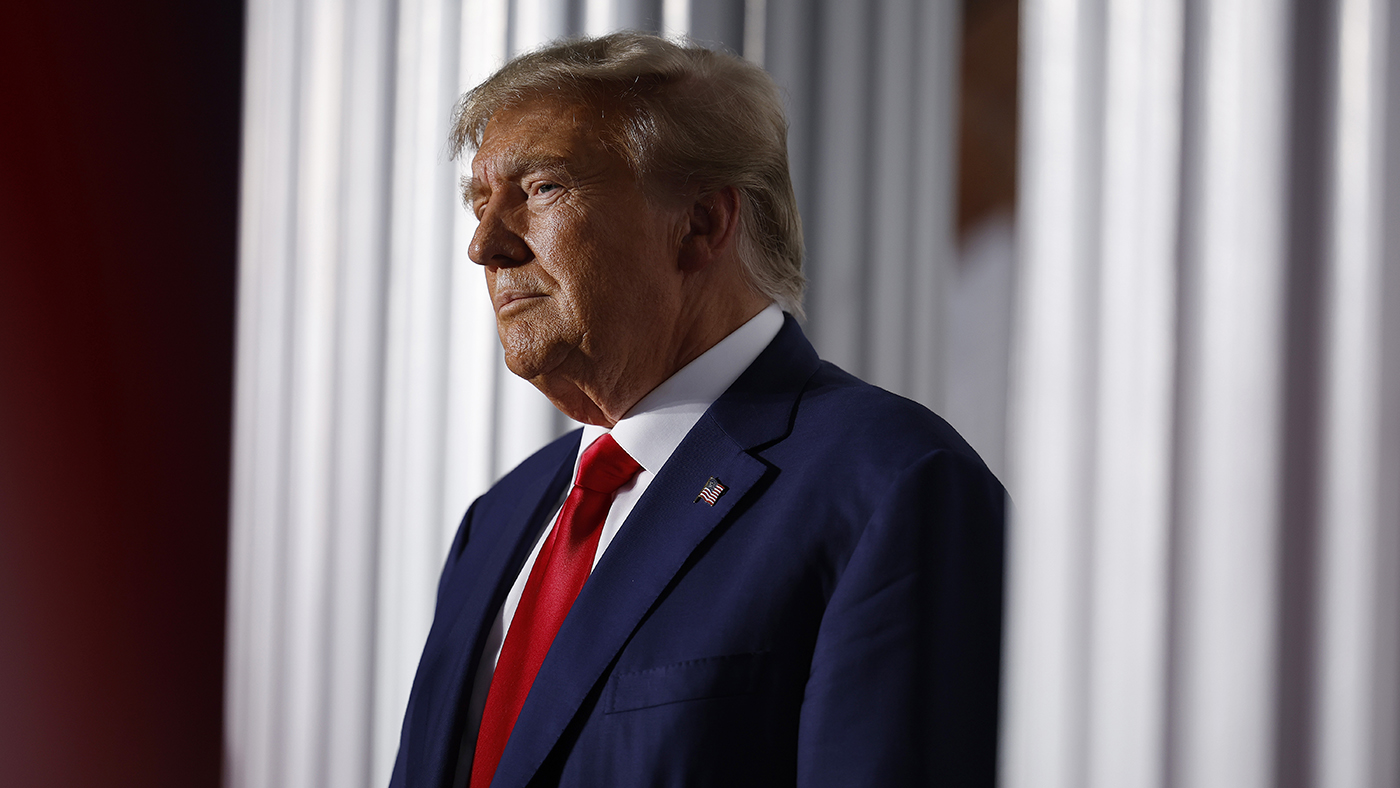 Donald Trump in the dock: a fraught moment for US democracy
Donald Trump in the dock: a fraught moment for US democracyTalking Point There is speculation that former president could end up running his 2024 election campaign from behind bars
-
 Boris Johnson shocks UK by resigning from Parliament
Boris Johnson shocks UK by resigning from ParliamentSpeed Read